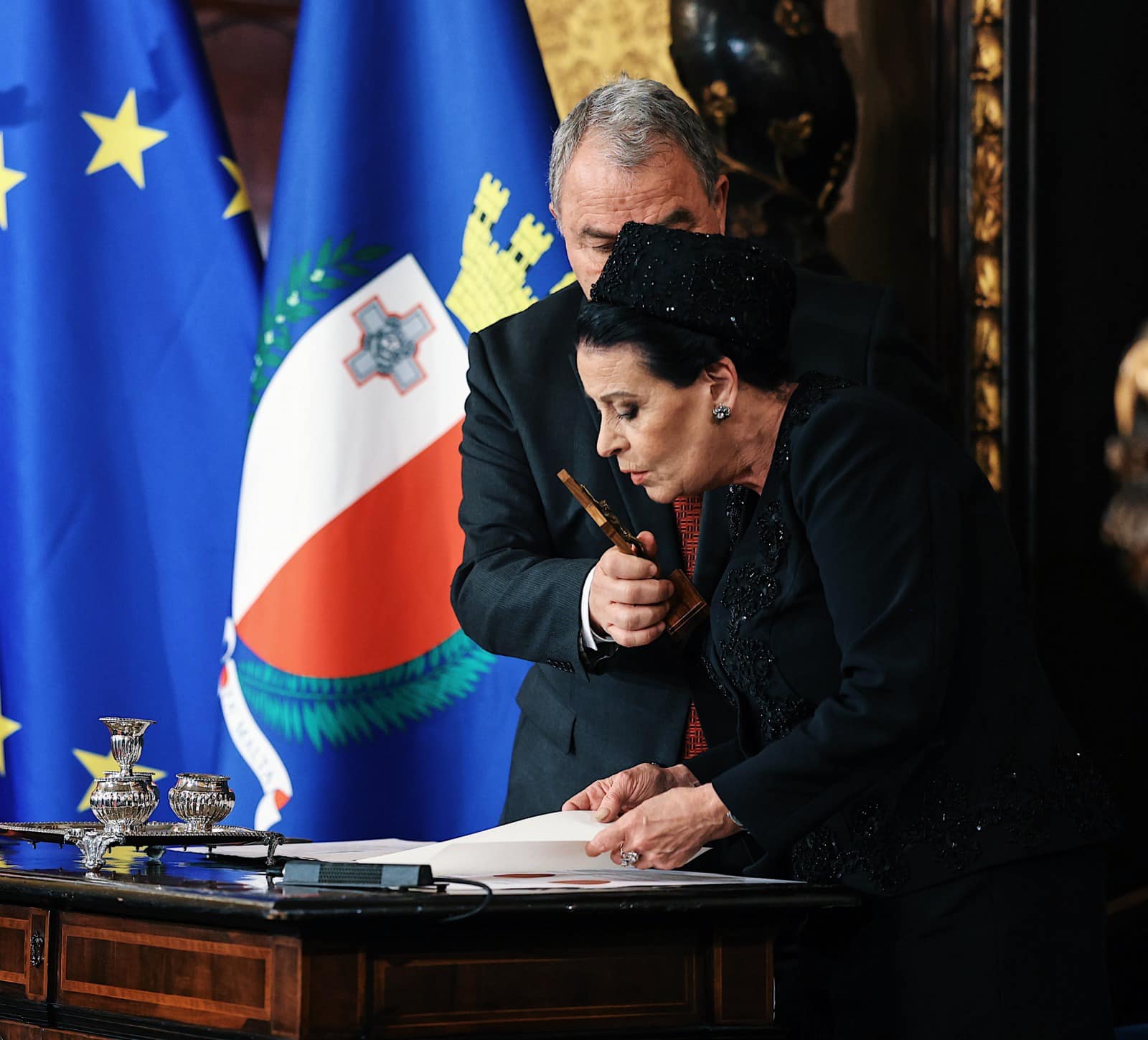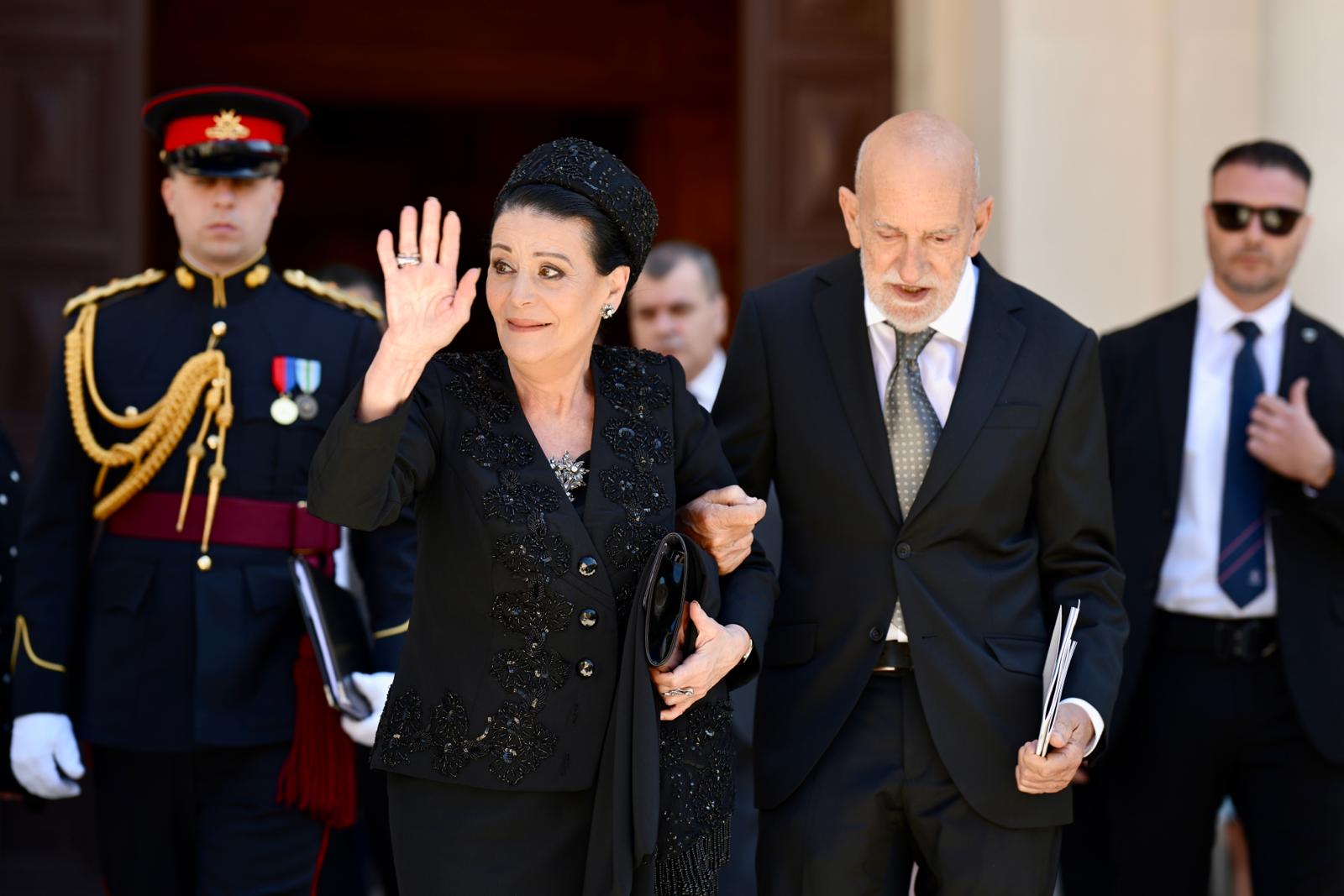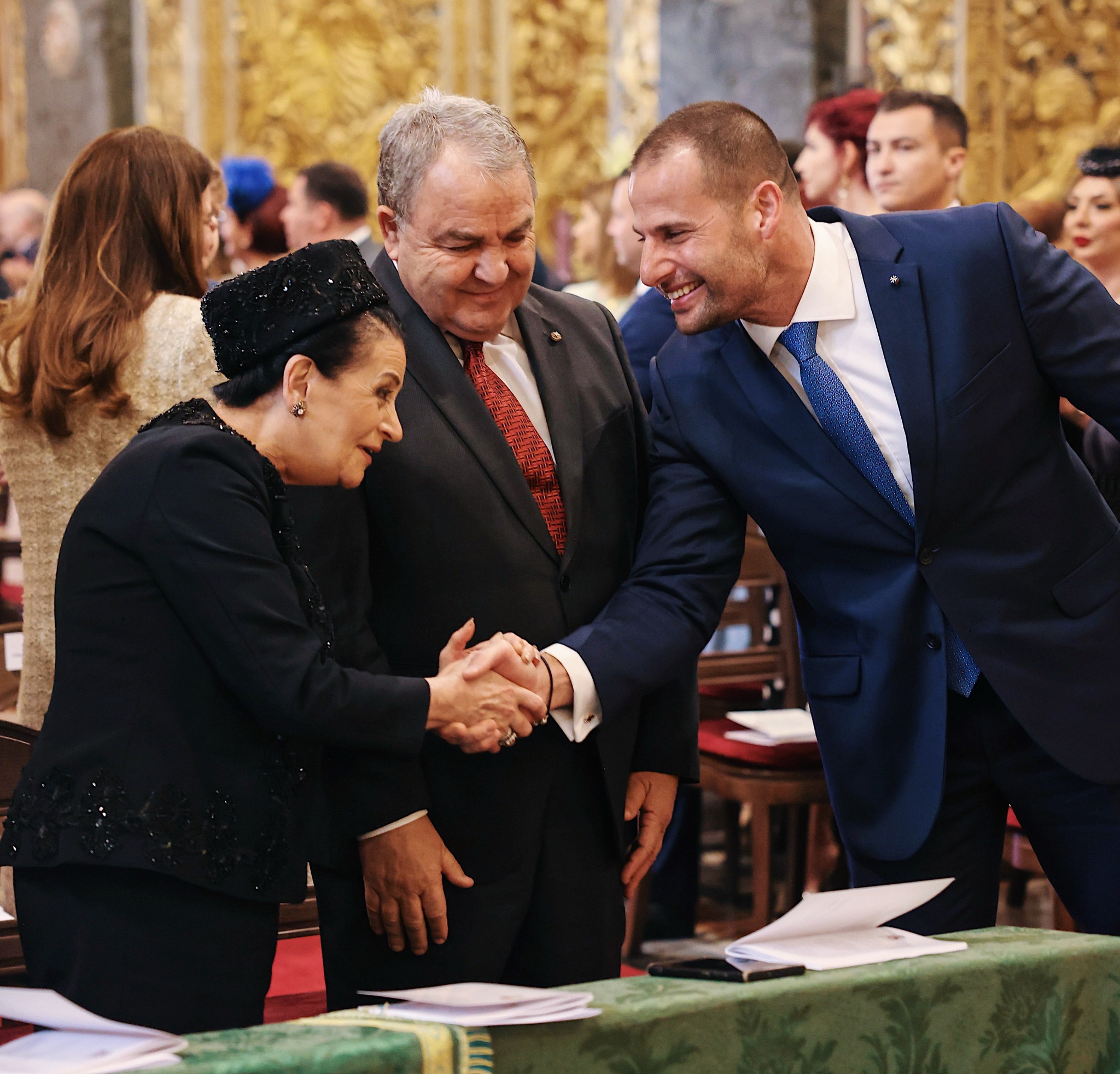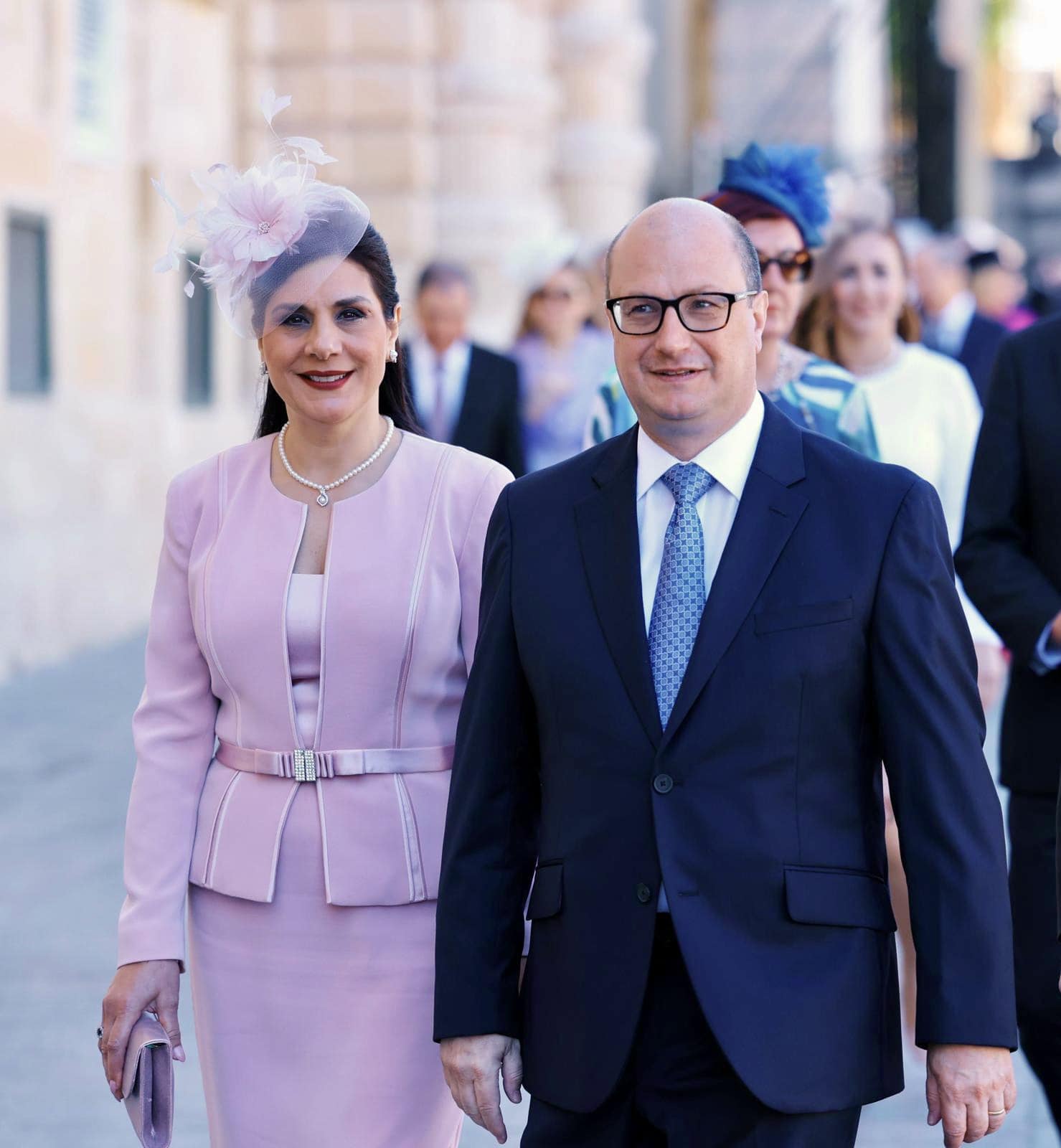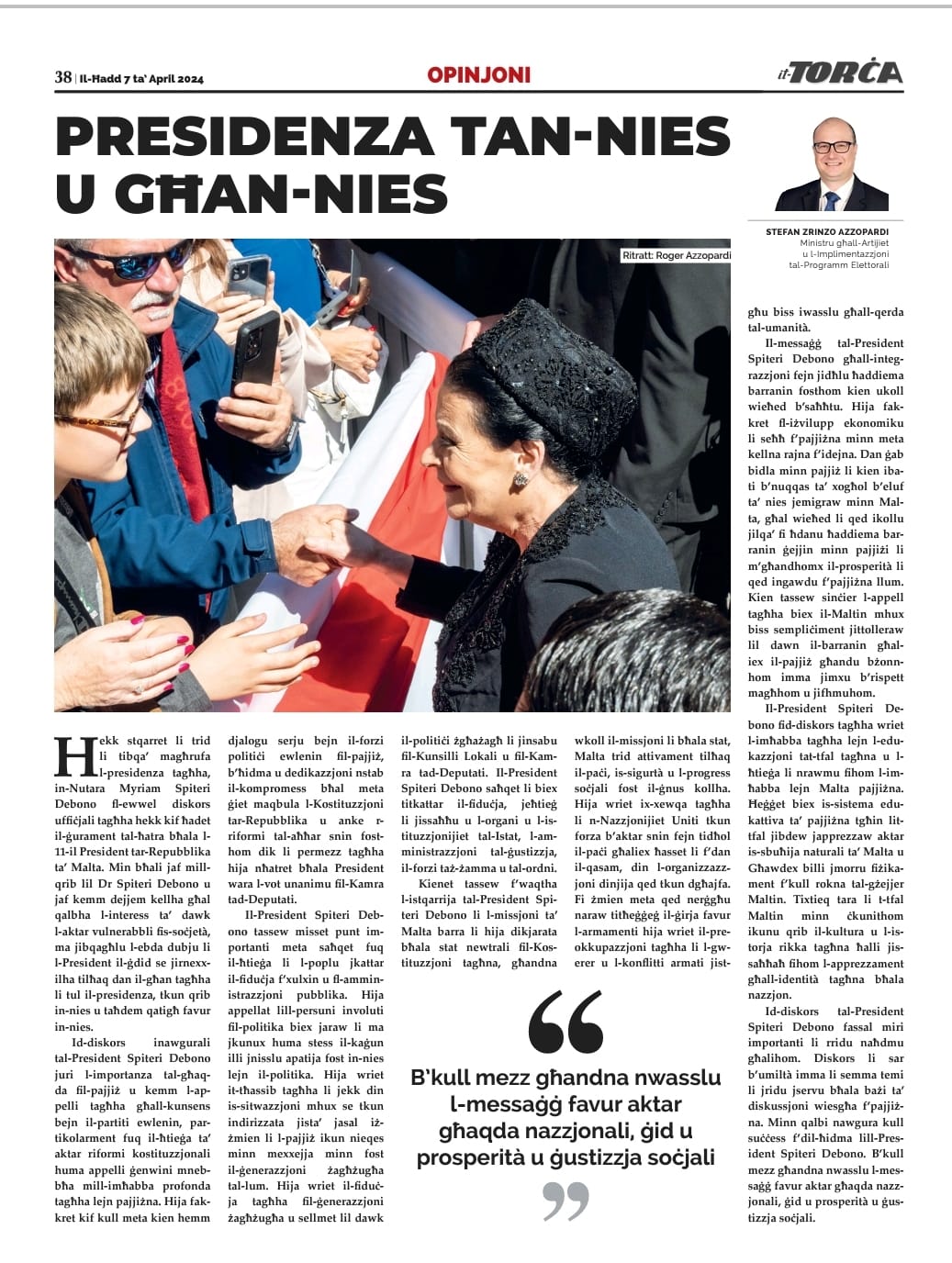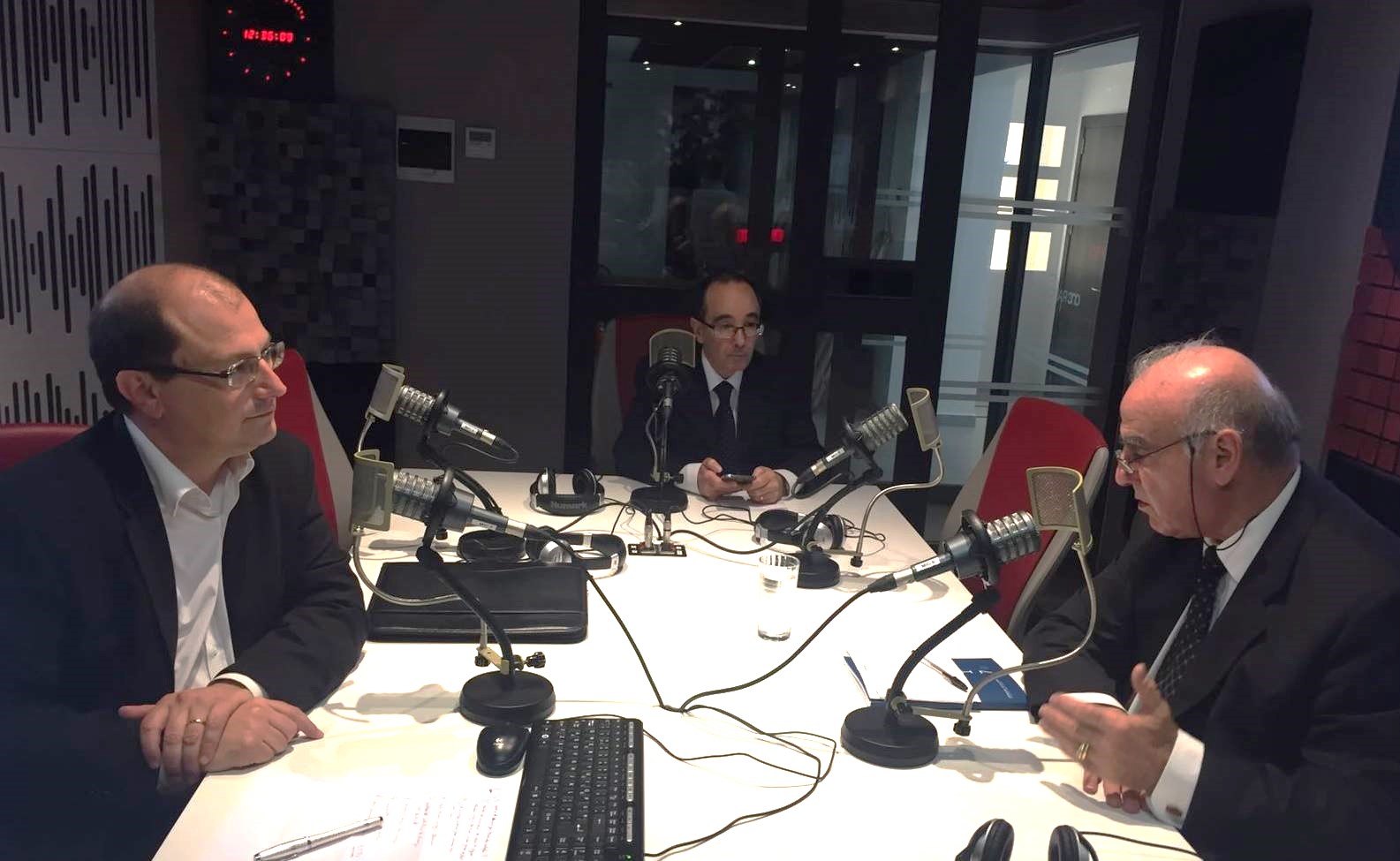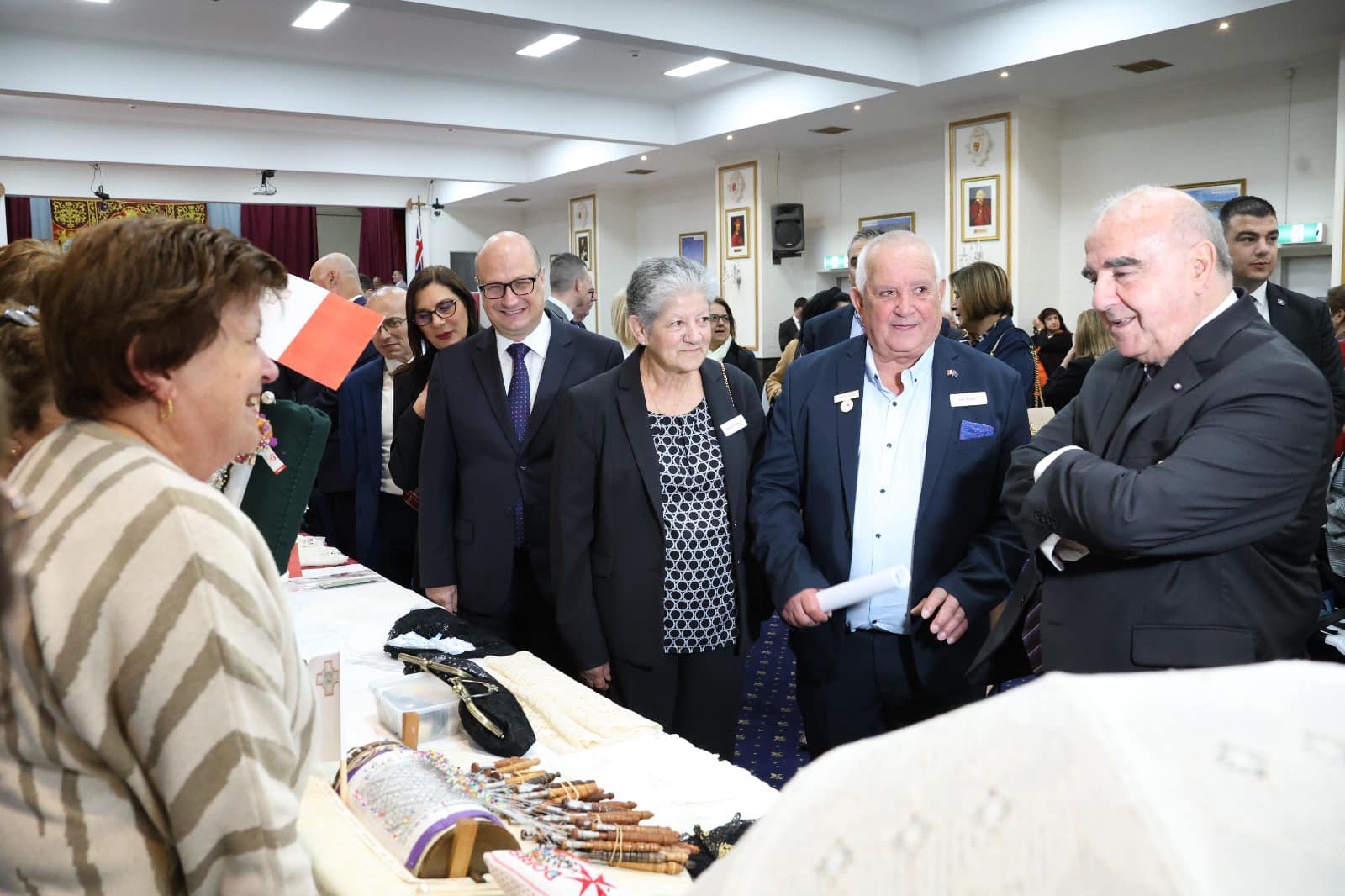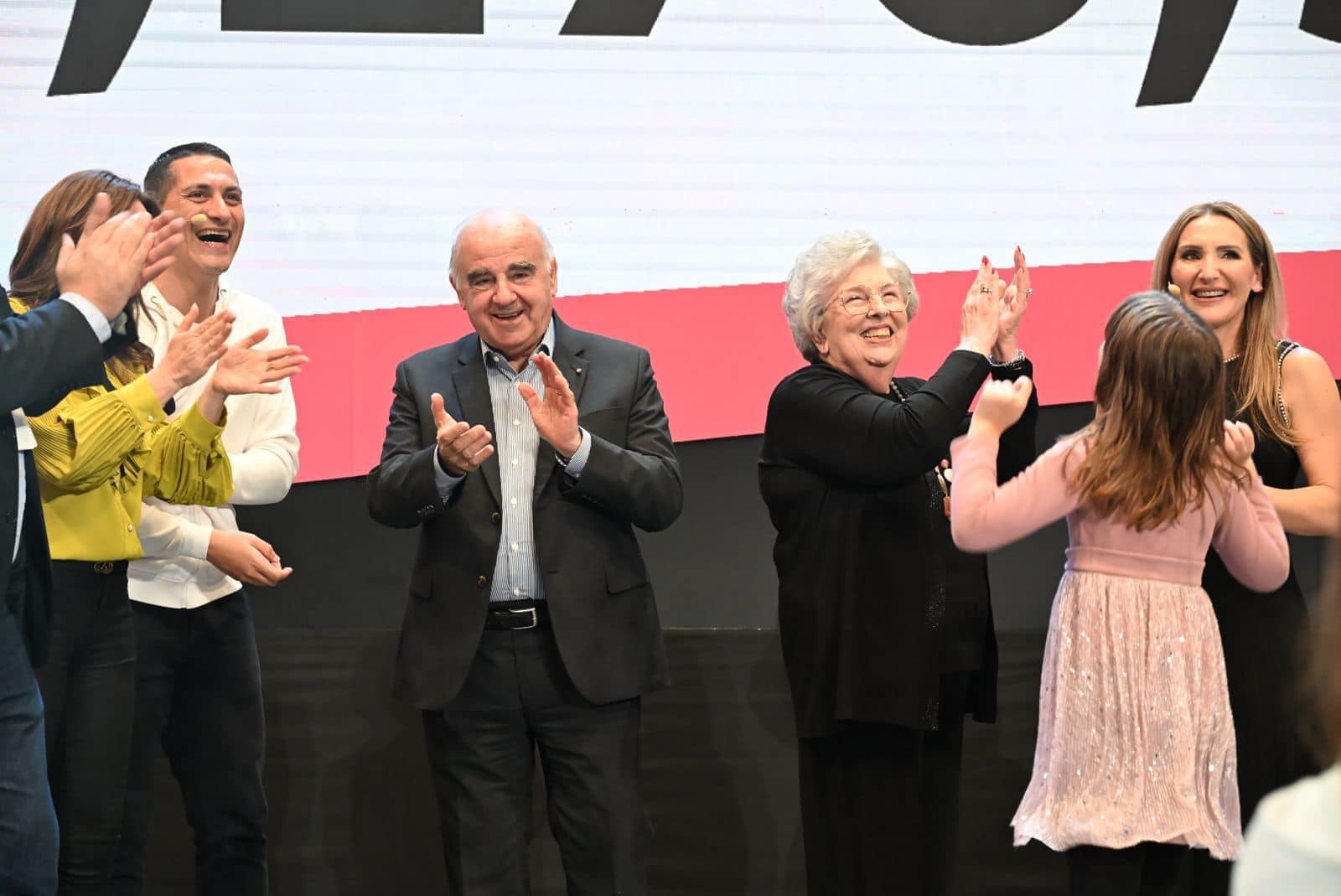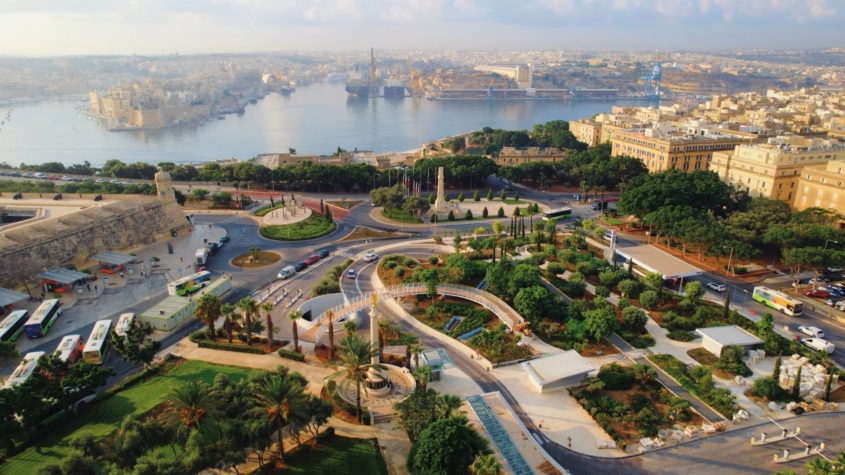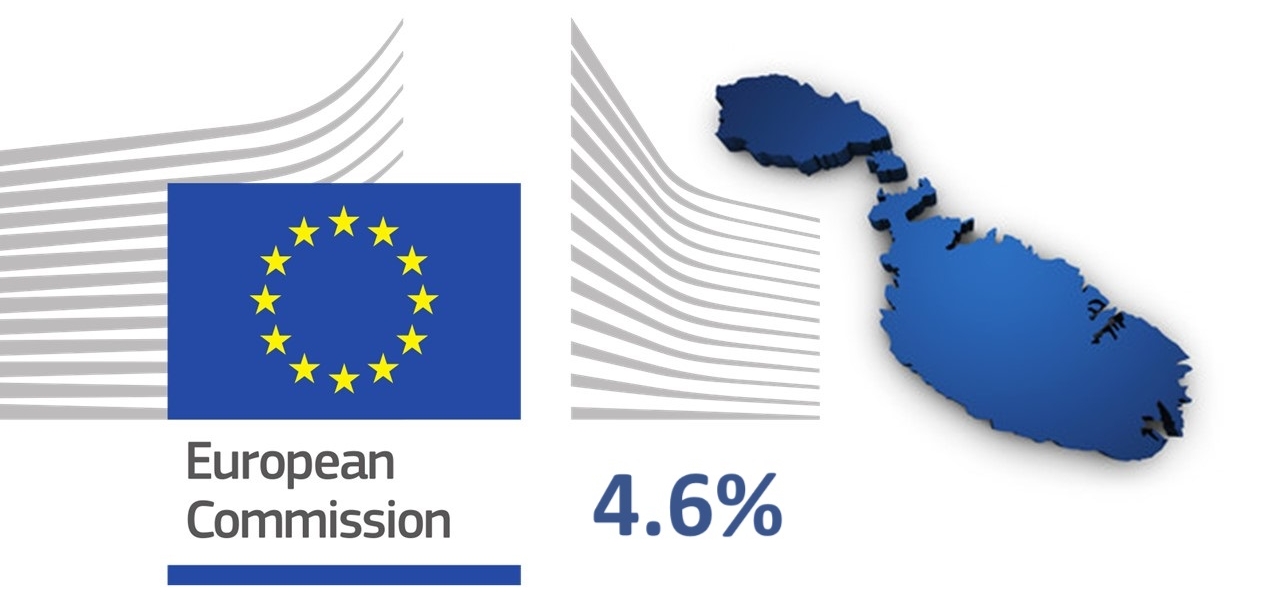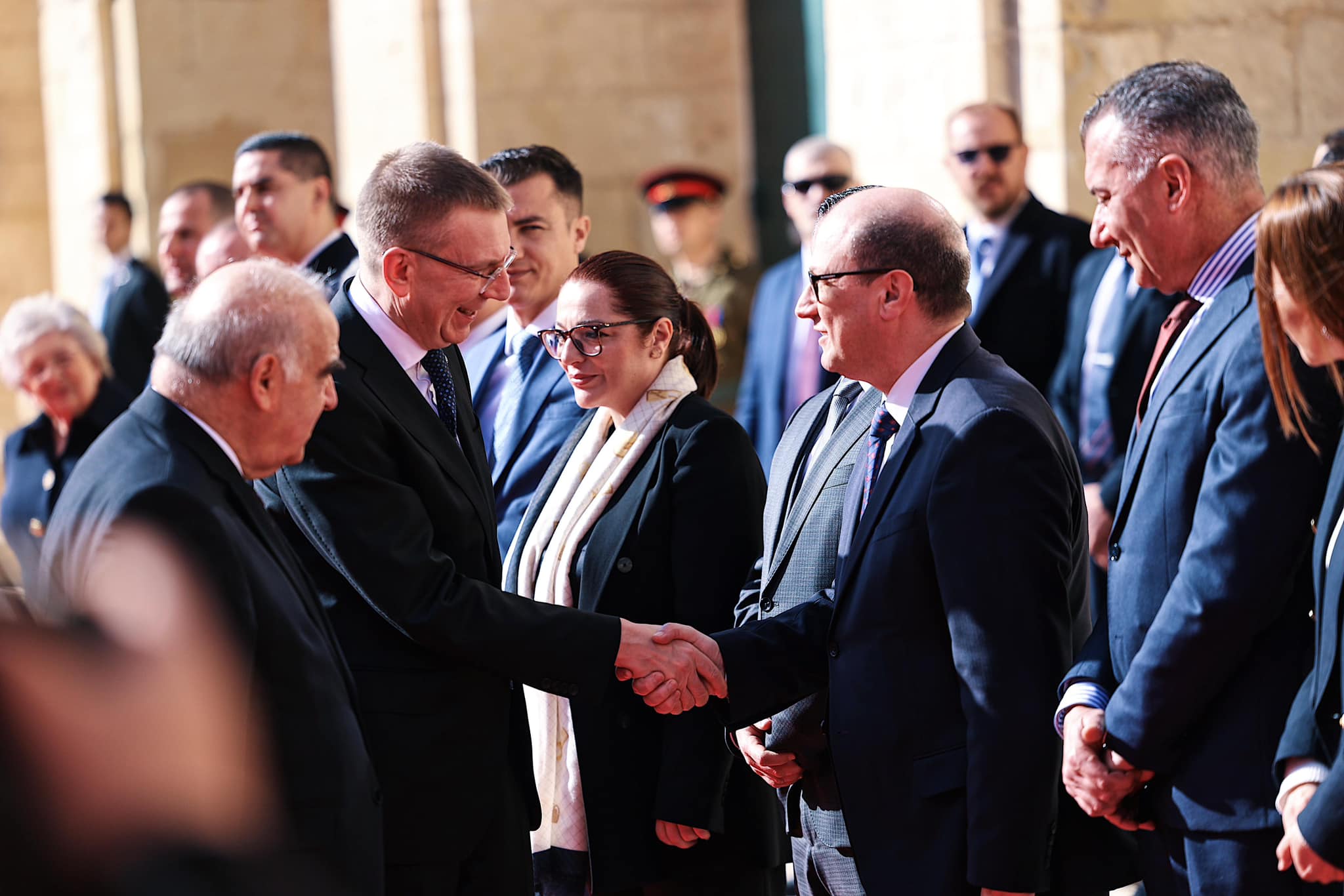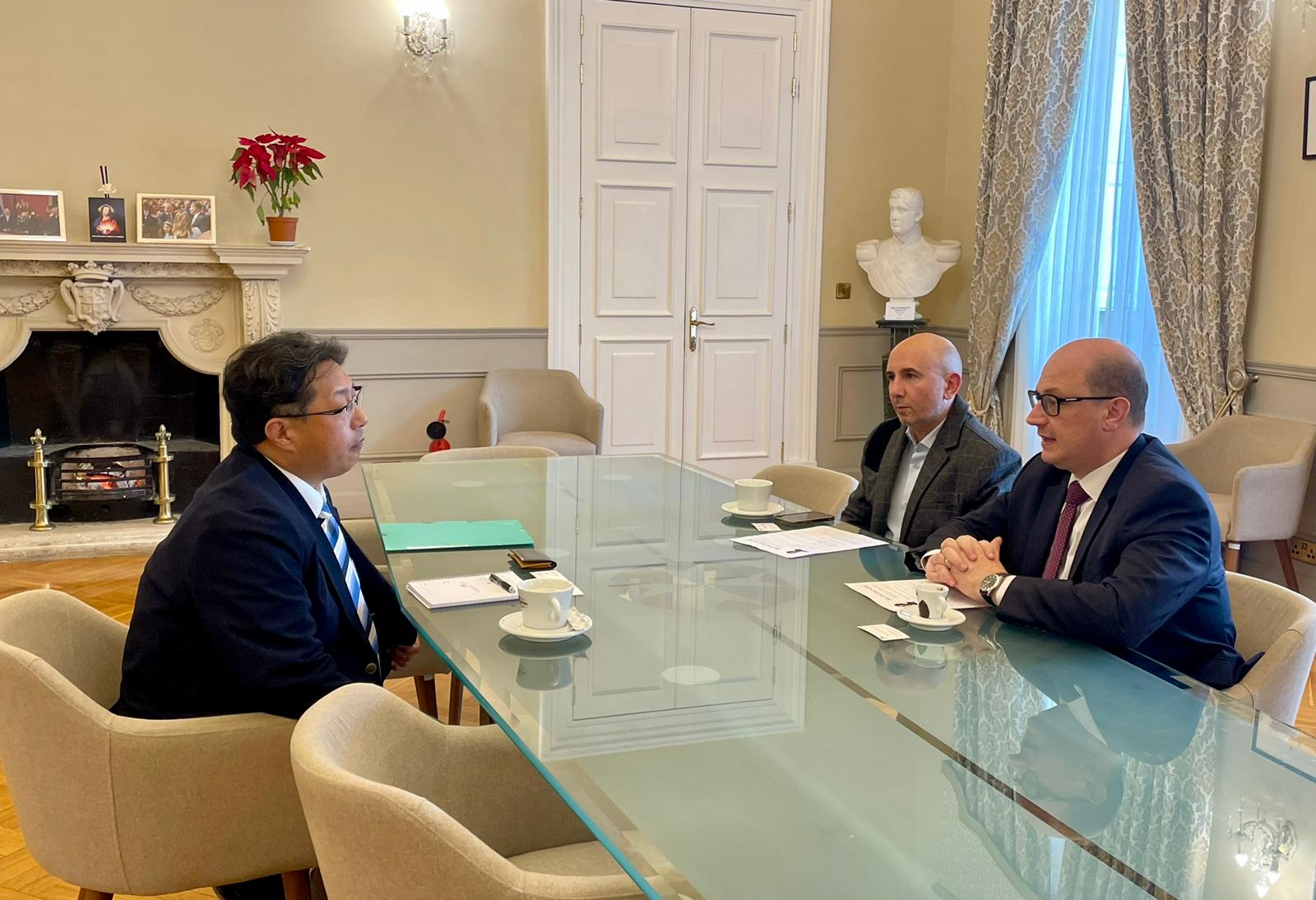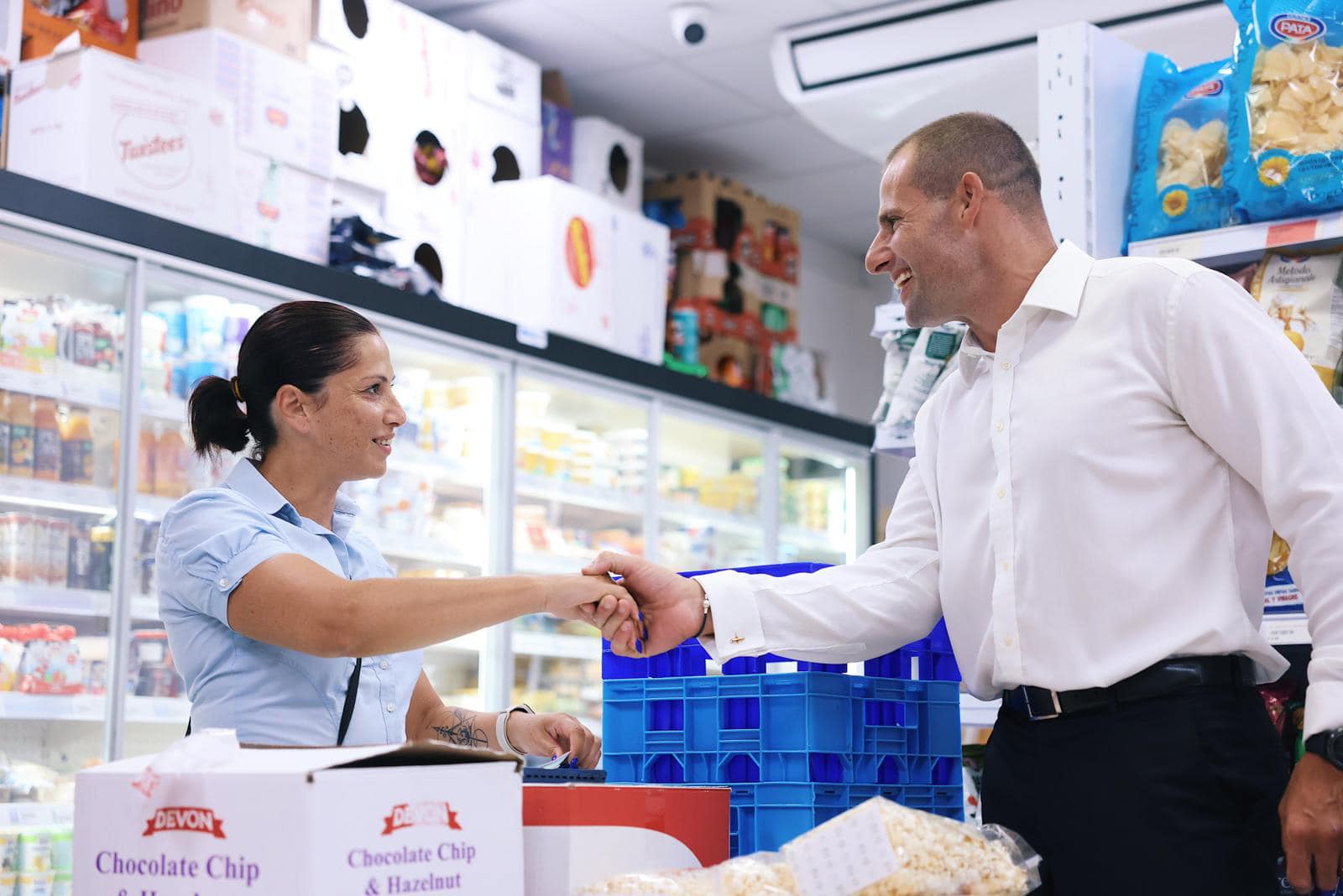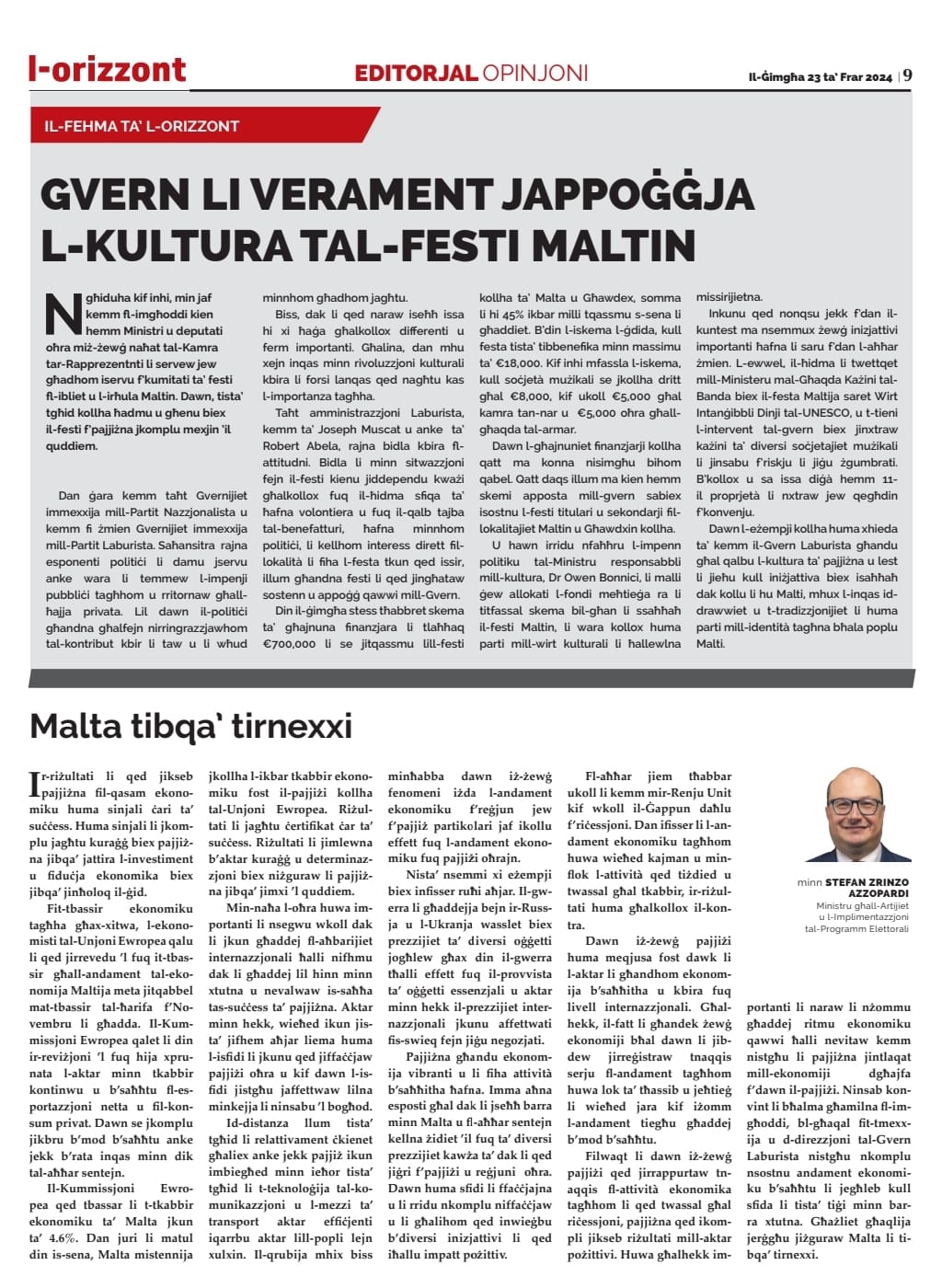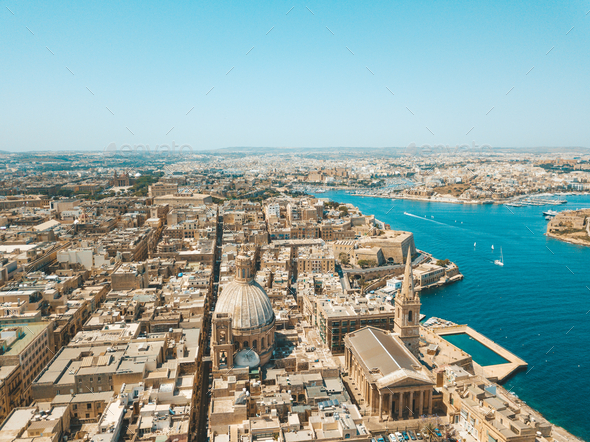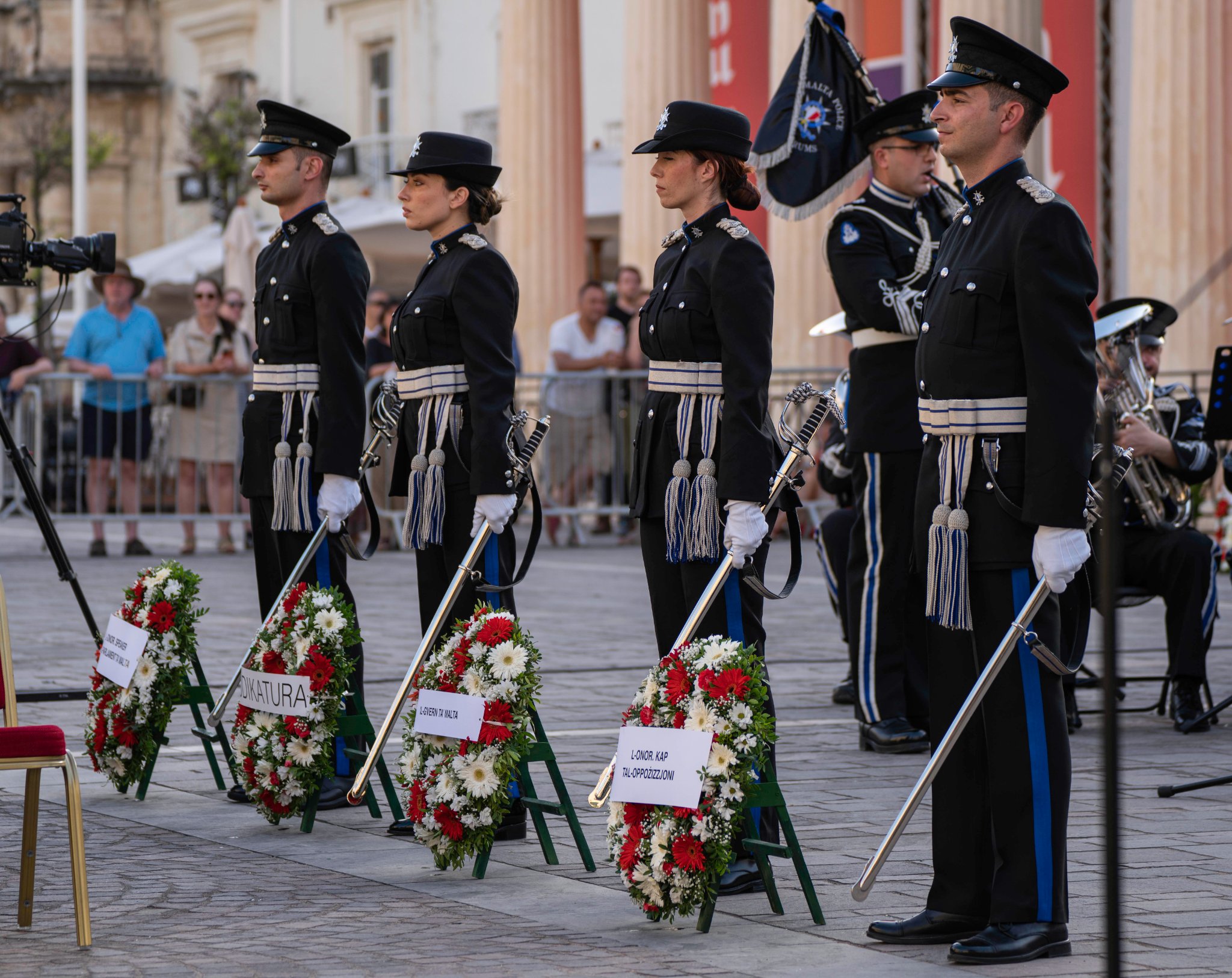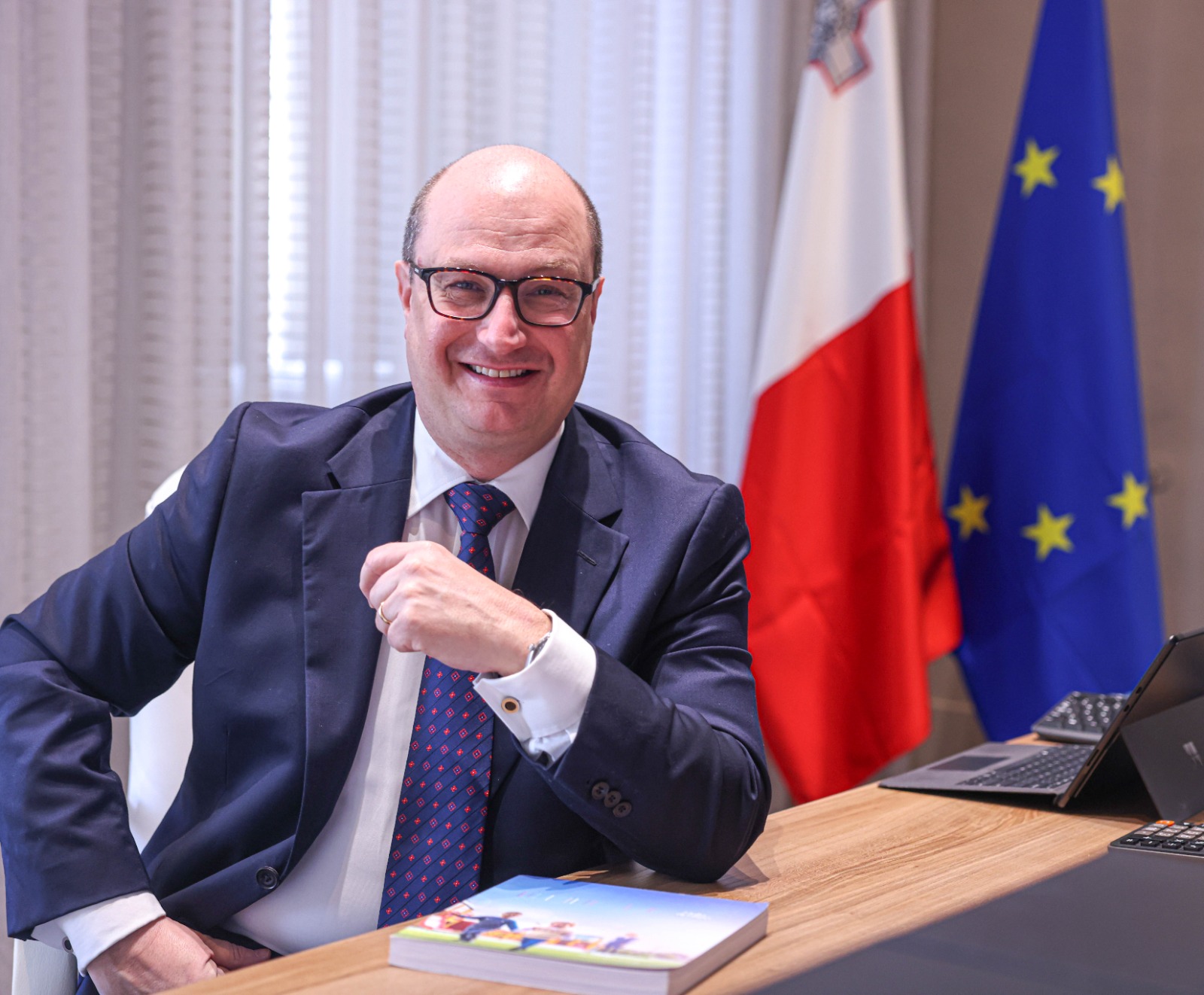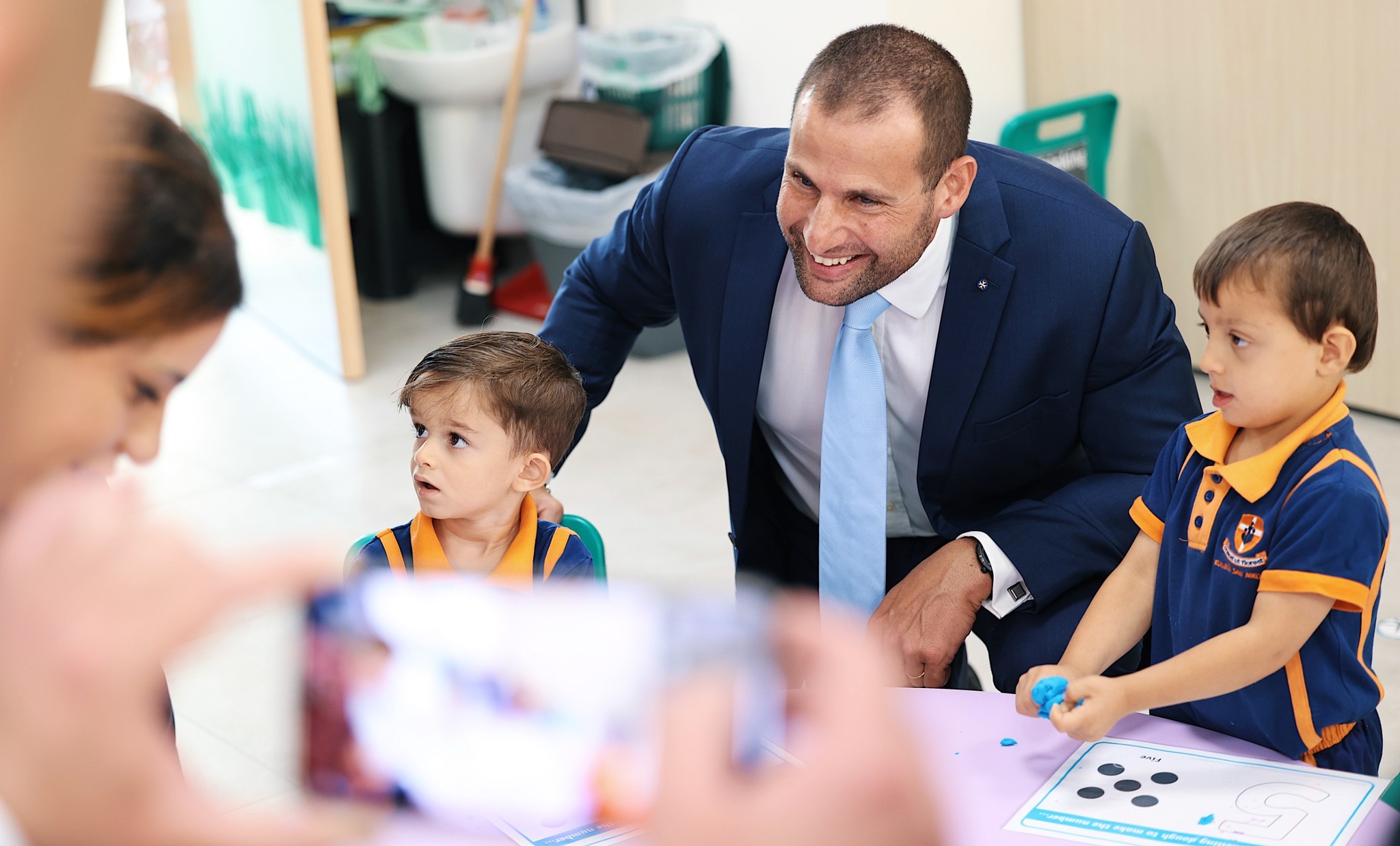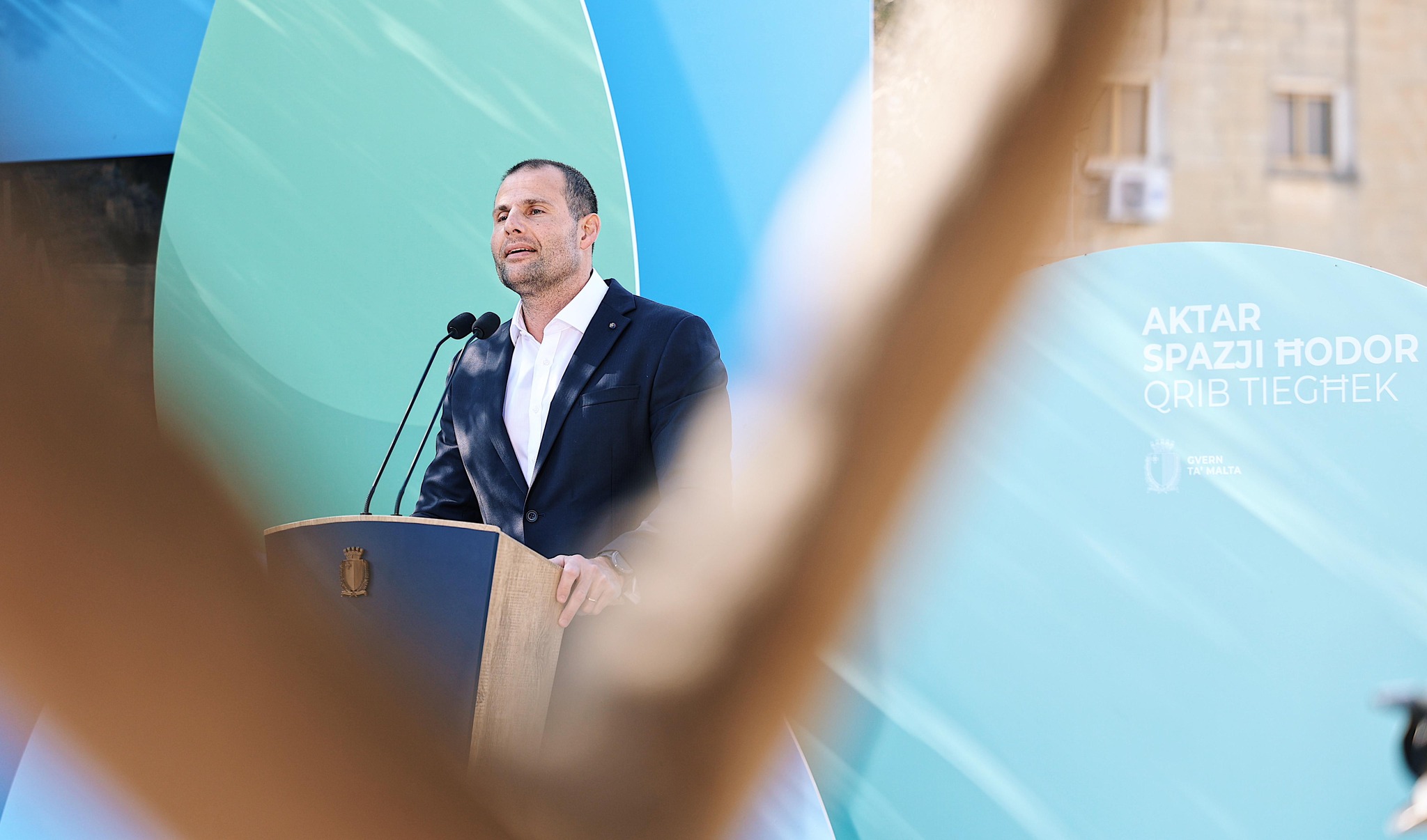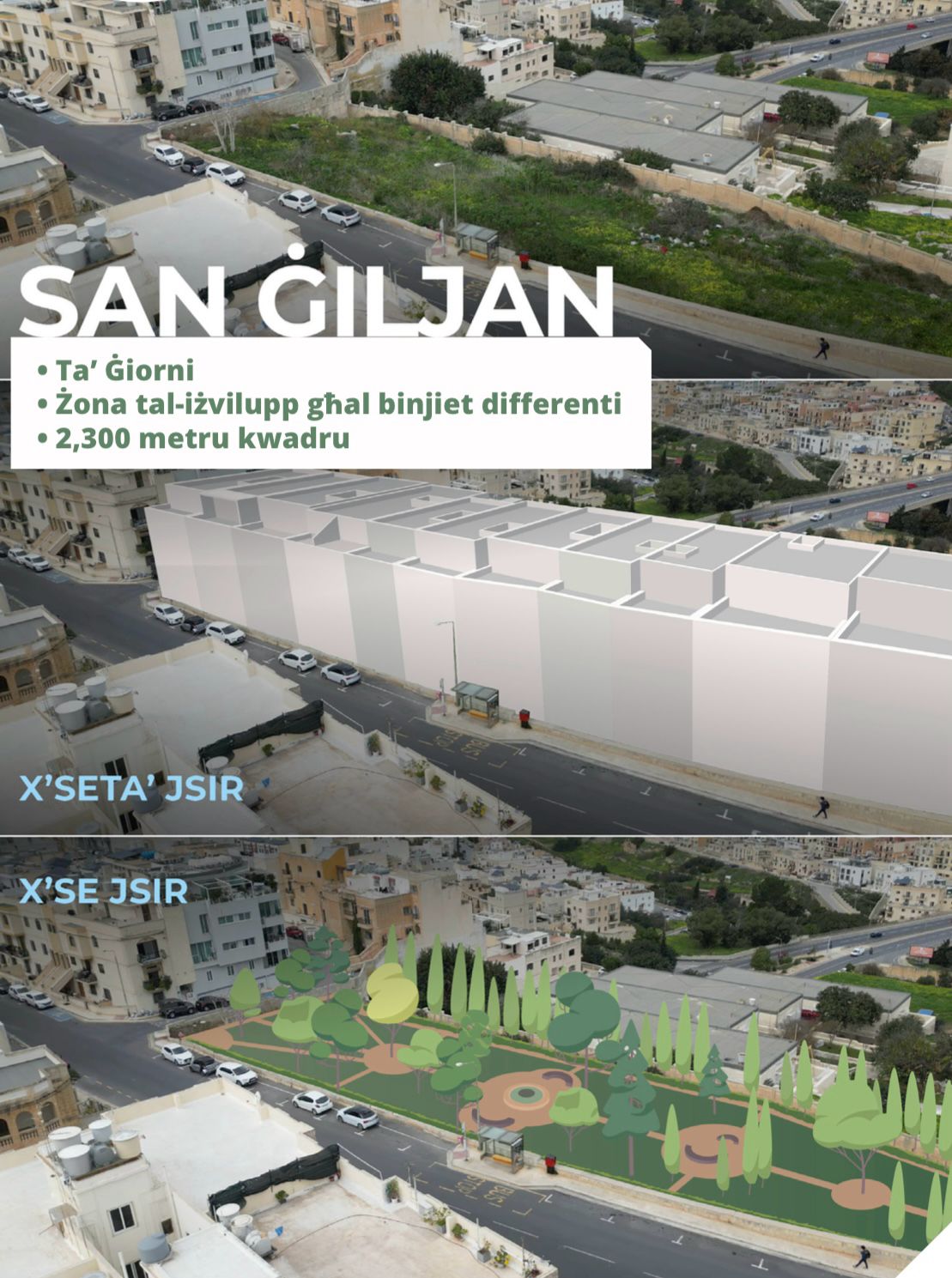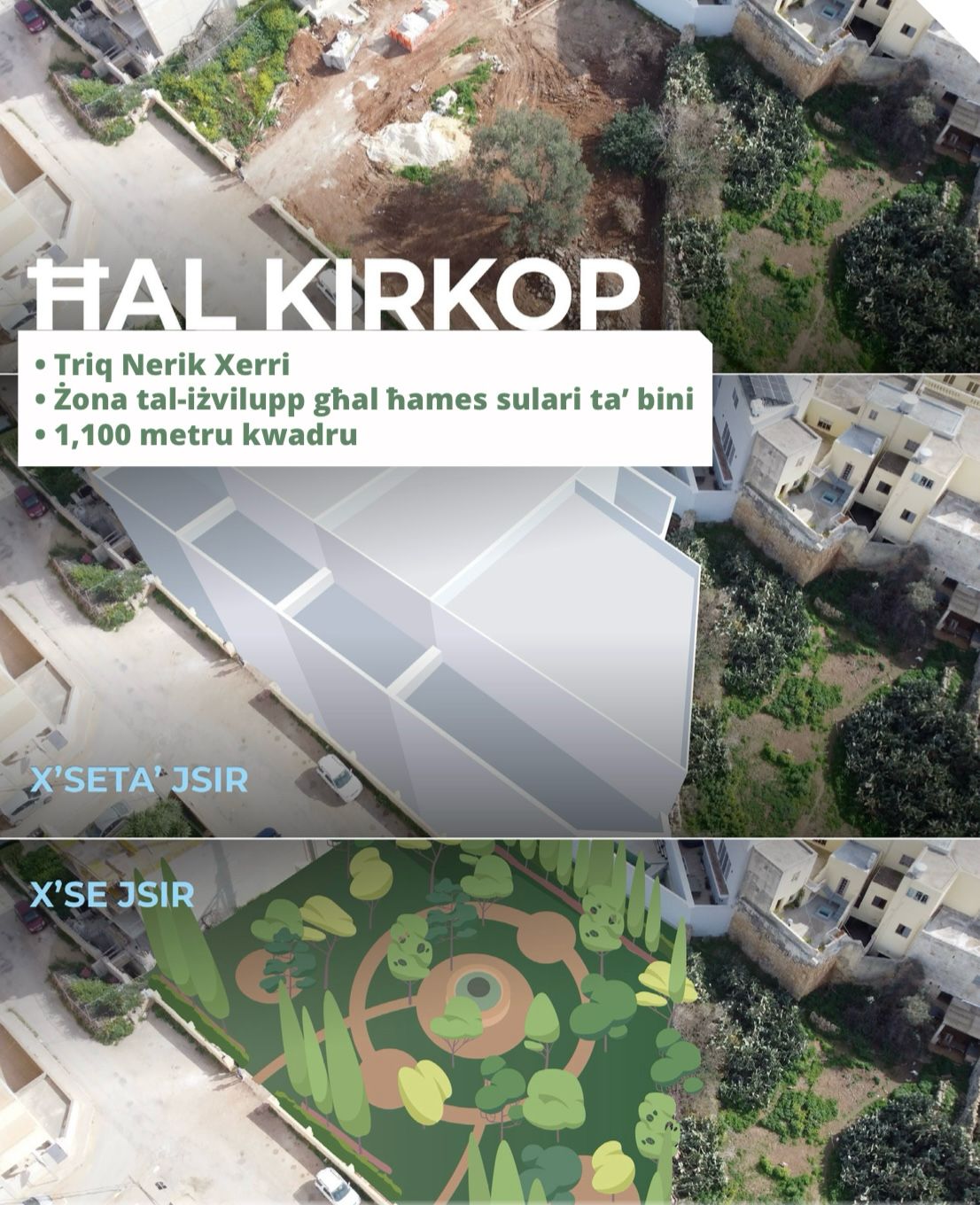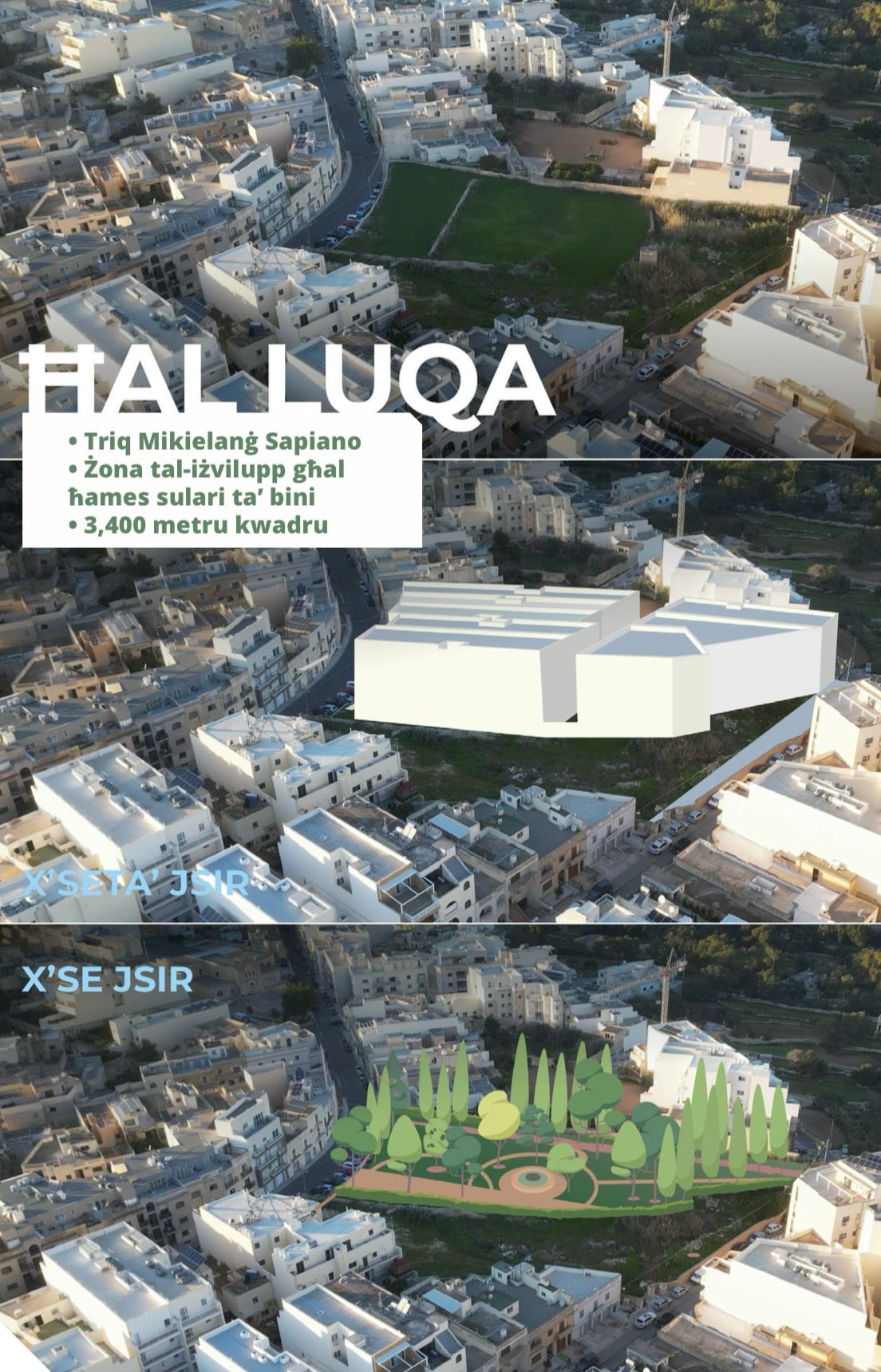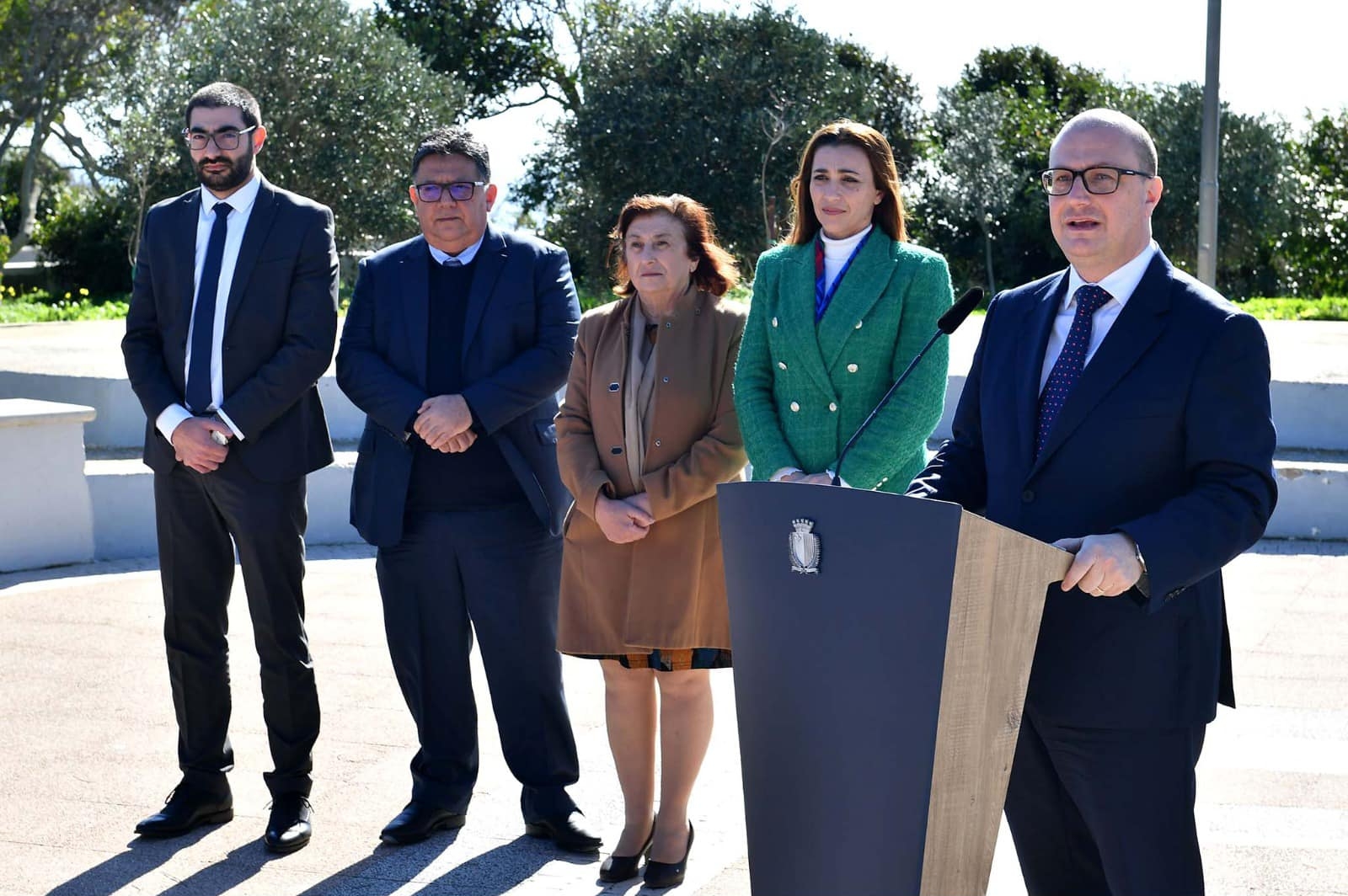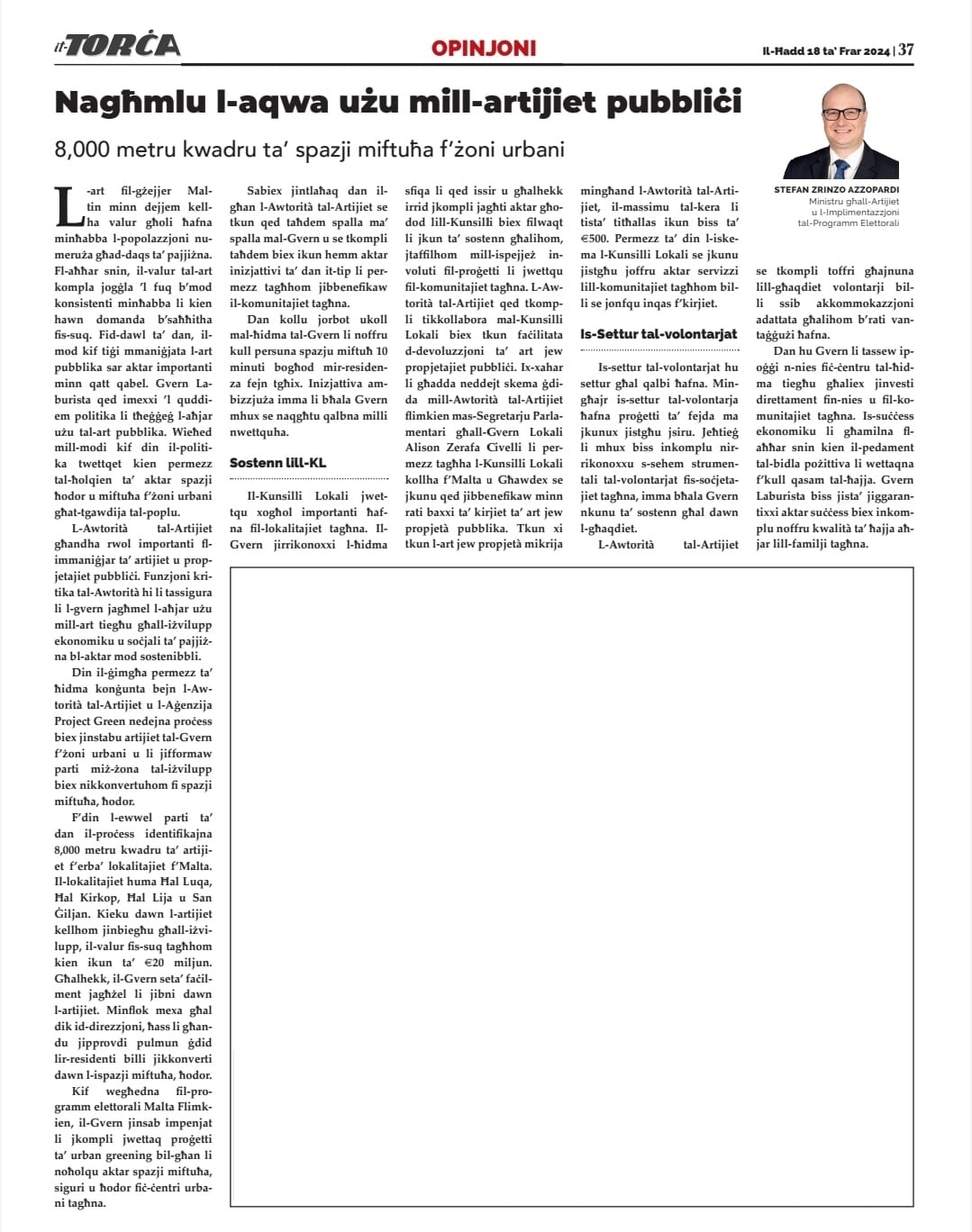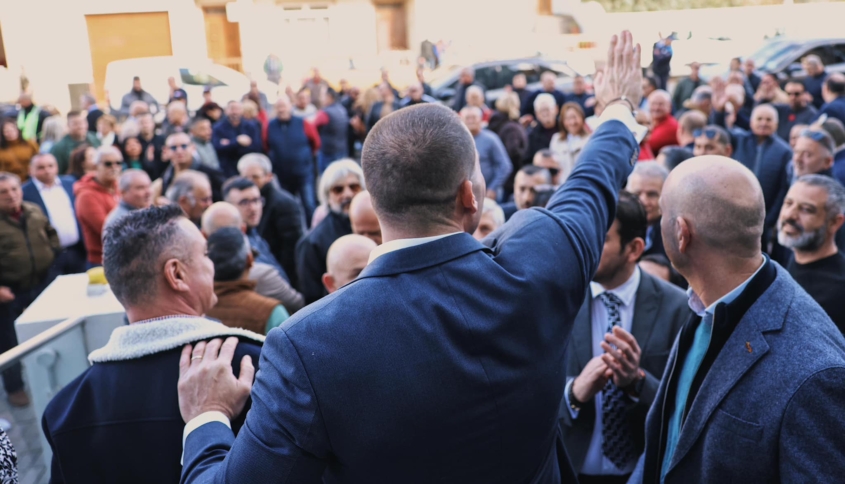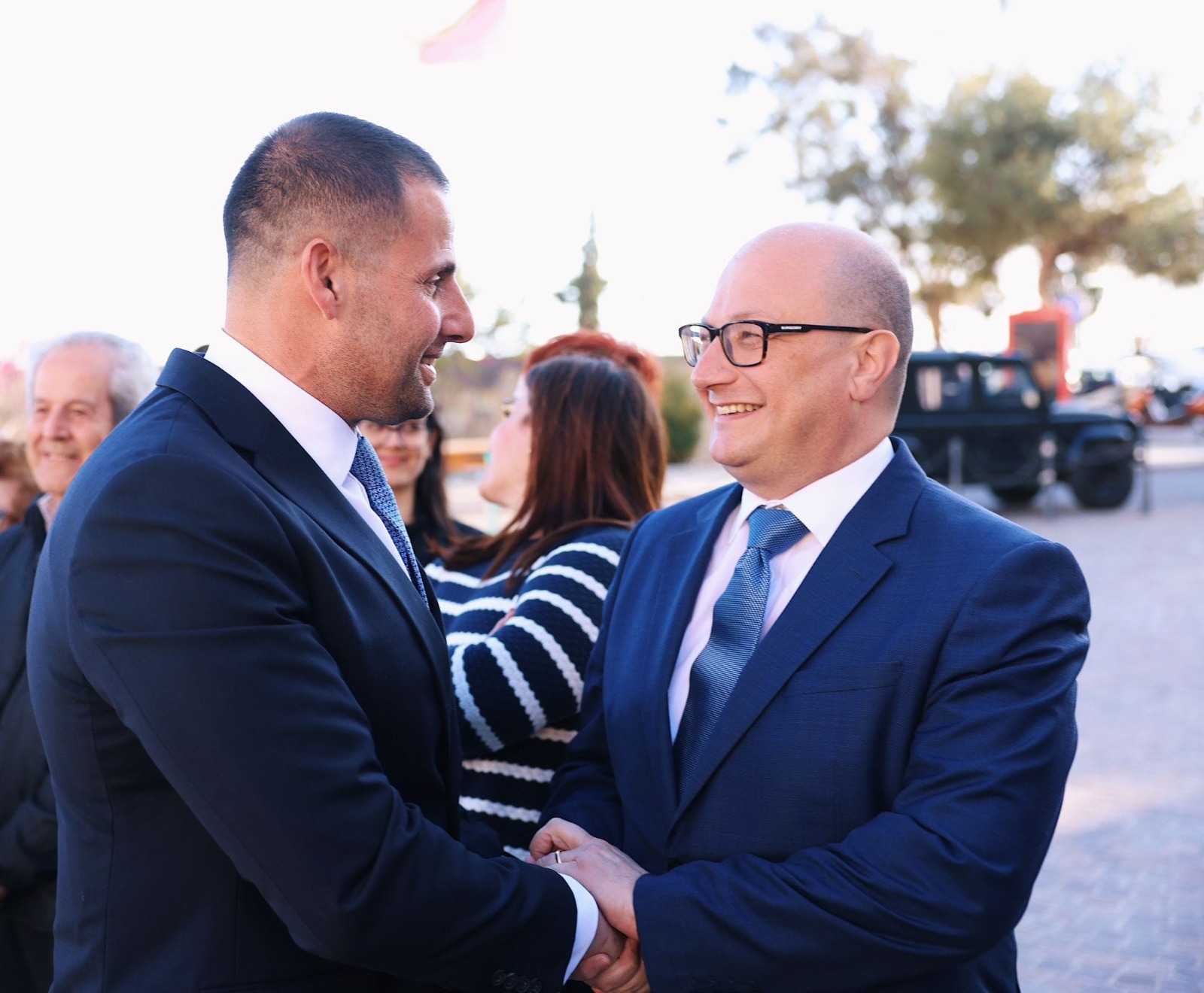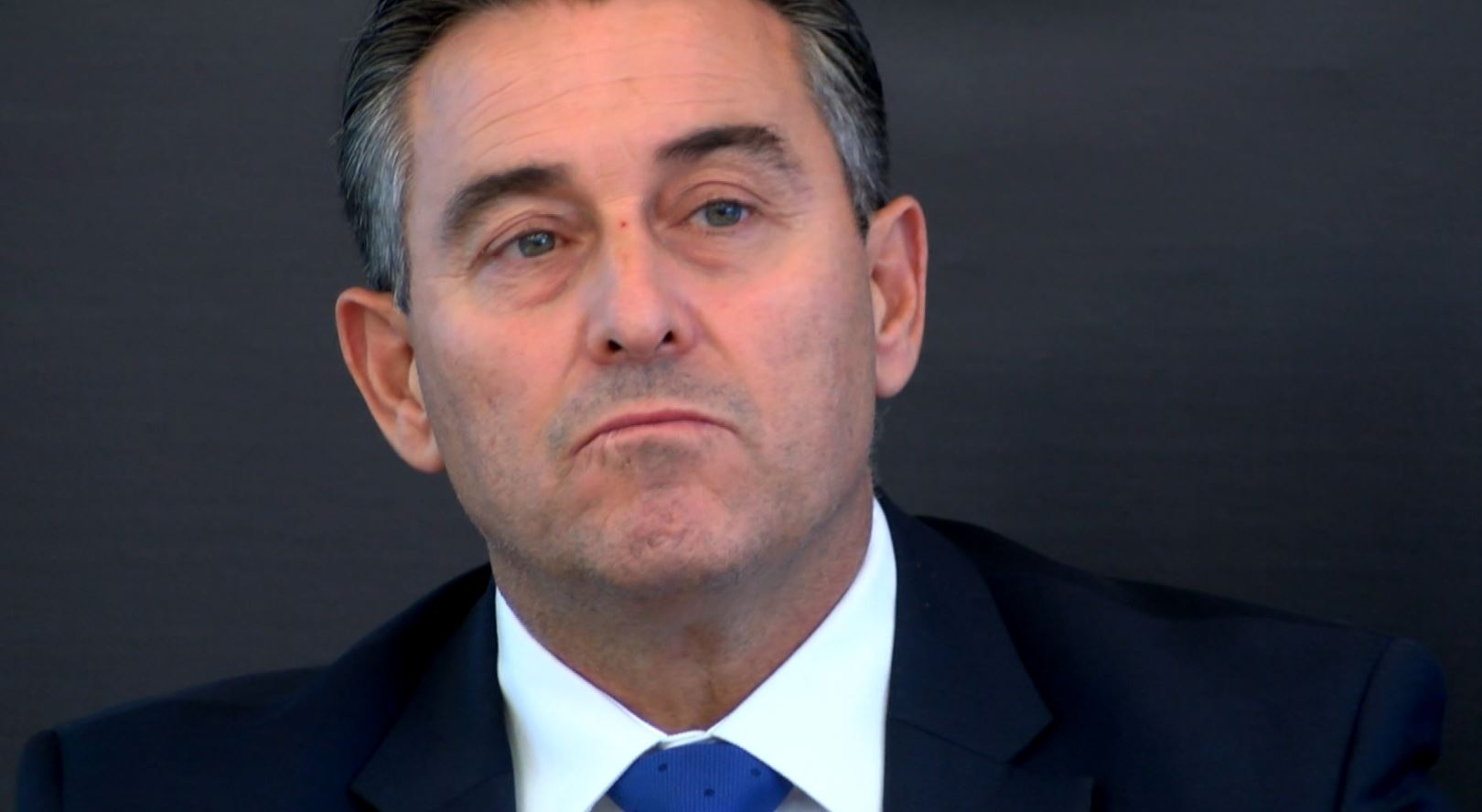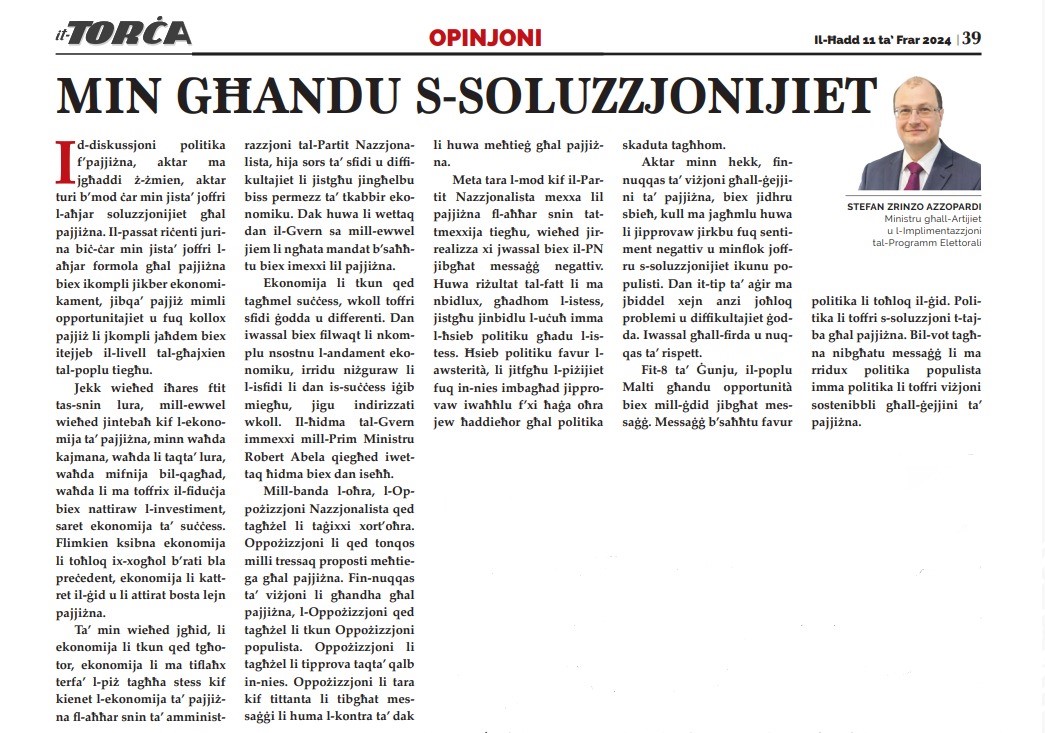“Pajjiżna jaf ikun ta’ eżempju ta’ kif id-diġitalizzazzjoni tista’ ttejjeb is-servizzi pubbliċi mingħajr ma tħalli lil ħadd barra.”
Fi żmien fejn it-trasformazzjoni diġitali qed tfassal mill-ġdid il-ħajja tal-pajjiżi madwar id-dinja, anke pajjiżna jinsab għaddej minn proċess ta’ diġitalizzazzjoni. Il-Gvern ċentrali tul dawn l-aħħar xhur ħadem sabiex b’mod sistematiku, jibda joffri s-servizzi pubbliċi fuq pjattaformi diġitali bl-għan li l-pubbliku jkollu aċċess aktar faċli u effiċjenti għal firxa wiesgħa ta’ servizzi.

Aktar servizzi qed jingħataw b’mod diġitali u l-modi tradizzjonali kif kienu jinkisbu s-servizzi, qed dejjem jonqos. Dan huwa pass, li apparti l-investiment fit-tekonoloġija, jirrikjedi anke bidla fil-kultura u fil-mod ta’ kif jiġu offruti u utilizzati s-servizzi pubbliċi. Jekk il-proċess ta’ eGovernment jiġi implimentat b’suċċess, dan ikun mhux biss ta’ benefiċċju għaċ-ċittadini, iżda ukoll għall-intrapriżi, għan-negozji u għall-għaqdiet u organizzazzjonijiet sabiex jinteraġġixxu mal-Gvern ċentrali b’mod aktar komdu u effiċjenti.
Il-vantaġġi ekonomiċi huma enormi. L-istess Kummissjoni Ewropea tbassar li jekk is-sistema ta’ eGovernment tiġi introdotta b’suċċess fl-istati membri kollha, l-iffrankar annwali jista’ jaqbeż il-€50 biljun. Dan minħabba l-fatt li l-pjattaformi diġitali inaqqsu l-ħtieġa ta’ infrastruttura fiżika u burokrazija żejda u dan iwassal għal spejjeż operattivi aktar baxxi.
F’pajjiżna nistgħu ngħidu li l-proċess miexi b’pass tajjeb tant li dan ġie rikonoxxut anke mill-istess Kummissjoni Ewropea li qegħda tikklasifika lil Malta bħala l-aktar pajjiż li qed joffri servizzi diġitali liċ-ċittadini tiegħu. Illum aktar faċli minn qatt qabel taċċessa diversi servizzi pubbliċi, fosthom kwalunkwe servizz relatat mas-sigurtà soċjali. Iżda irridu noqgħodu attenti. Din hija trasformazzjoni li tkun suċċess biss jekk tkun bidla li tilħaq lil kulħadd mingħajr ma nħallu lil ħadd jibqa’ lura.

Forsi għall-ġenerazzjonijiet tal-lum u għal dawk li għandhom għarfien tajjeb tas-sistemi diġitali, jaf dan il-pass huwa wieħed kważi awtomatiku. Iżda għall-anzjani u għal dawk li għal xi raġuni jew oħra għad m’għandhomx aċċess jew hiliet bizzejjed f’dawn it-teknoloġiji, din il-bidla taf tkun ta’ ostaklu għalihom. Ma rridux naqgħu fl-iżball li noħduha for granted li kulħadd kapaċi jaċċessa u jħaddem dawn is-sistemi b’faċilità.
Il-websajts u l-pjattaformi online qed jiġu ddisinjati b’viżibiltà u istruzzjonijiet ċari għal klijent. Barra minn hekk hemm ukoll is-servizzi ta’ helpline u ta’ appoġġ għal min isib xi diffikultà. Iżda aktar minn hekk, il-Gvern jinsab ukoll impenjat li jmexxi kampanji ta’ għarfien fuq livell nazzjonali rigward dawn il-mezzi.
It-tixrid ta’ informazzjoni huwa essenzjali. Il-Gvern b’kollaborazzjoni mal-istituzzjonijiet edukattivi u anke mal-mezzi tal-midja, qed jagħmel kampanji estensvi biex iħajjar aktar nies jagħmlu l-qabża għas-sistemi diġitali filwaqt li jinforma aktar dwar id-diversi servizzi onlajn disponibbli u kif wieħed jaċċessahom. Dan qed isir ukoll b’kontenut informattiv fuq il-mezzi hekk imsejħa ‘tradizzjonali’ bħat-televiżjoni, ir-radju u l-midja stampata.

Illum nistgħu ngħidu wkoll li l-litteriżmu diġitali ġie integrat fil-kurriklu tal-iskejjel biex jiġi żgurat li l-ġenerazzjonijiet futuri ikunu preparati għal sistemi u pjattaformi ġodda li għad iridu jinħolqu.
Il-gvern irid jiġi ġġudikat fuq kemm aħna kapaċi nkunu hemm biex fil-bidliet ma nħallu lil ħadd lura jew nies jitħallew barra. Dan huwa twemmin li fuqu l-poplu Malti u Għawdxi tagħna l-fiduċja f’elezzjoni waħda wara l-oħra. Għalhekk, b’dan il-ħsieb f’moħħna u kif wegħdna fil-manifest Malta Flimkien se nkomplu nibnu t-triq għal Malta diġitali biex dawk l-aktar vulnerabbli fis-soċjeta jintlaħqu wkoll.
“Irridu li Malta tkun minn ta’ quddiem fir-raba’ rivoluzzjoni industrijali li qed isseħħ madwar id-dinja…”
Irridu li Malta tkun minn ta’ quddiem fir-raba’ rivoluzzjoni industrijali li qed isseħħ madwar id-dinja b’investimenti fl-infrastruttura diġitali b’prijorità fl-oqsma tal-intelliġenza artifiċjali u r-robotika, u mezzi aktar kumplessi bħal quantum computing u deep tech. Irridu noħolqu ekosistema ideali għal aktar kumpaniji tal-informatika biex jinvestu f’pajjiżna grazzi għal fondi allokati speċifikament għall-qalba diġitali.
Qed naħdmu ukoll mas-settur privat fi proġetti maħsuba biex intejbu l-konnettività diġitali. Qed infasslu qafas regolatorju ġdid dwar l-intelliġenza artifiċjali. Irridu lil Malta tkun mal-ewwel pajjiżi fost l-Istati Membri sabiex twaqqaf il-European Digital Innovation Hub (EDIH) sabiex tassisti negozji żgħar u medji kif ukoll start-ups, sabiex jagħmlu l-qabża diġitali fil-proċessi tagħhom.

Diversi awtoritajiet u entitajiet qed jinvestu bi sħiħ f’sistemi ta’ diġitalizzazzjoni bħal sistemi moderni ta’ scanning ta’ files u dokumenti għal ħolqien ta’ arkivji diġitali b’aċċessibbiltà aħjar. B’sodisfazzjon nista’ ngħid li dan il-proċess qed isir ukoll fl-amministrazzjoni tal-artijiet pubbliċi b’riformi diġitali fl-Awtorità tal-Artijiet u d-Dipartiment għar-Reġistrazzjoni tal-Artijiet biex inżidu l-effiċjenza fis-servizzi offruti. L-Uffiċju Konġunt qieħed ukoll jinvesti f’mezzi u nies tekniċi biex tkompli tikber il-librerija diġitali ta’ rekords u dokumenti biex inħaffu l-proċessi tat-trasferiment tal-propjetà immobbli lill-Gvern mill-Awtoritajiet Ekkleżjastiċi.
Hekk kif Malta għaddejja minn din it-trasformazzjoni diġitali, irridu nżommu f’moħħna li dawn il-mezzi ġodda huwa hemm biex jaqdu lin-nies. Għaldaqstant, bi prijorità l-inklussività, l-edukazzjoni u s-sapport kontinwu, nemmen li pajjiżna jaf ikun ta’ eżempju ta’ kif id-diġitalizzazzjoni tista’ ttejjeb is-servizzi pubbliċi mingħajr ma tħalli lil ħadd barra. Bħala Gvern kommessi li nkomplu naħdmu b’determinazzjoni favur aktar servizzi effiċjenti, dejjem għal kwalità ta’ ħajja aħjar tal-poplu Malti u Għawdxi.














